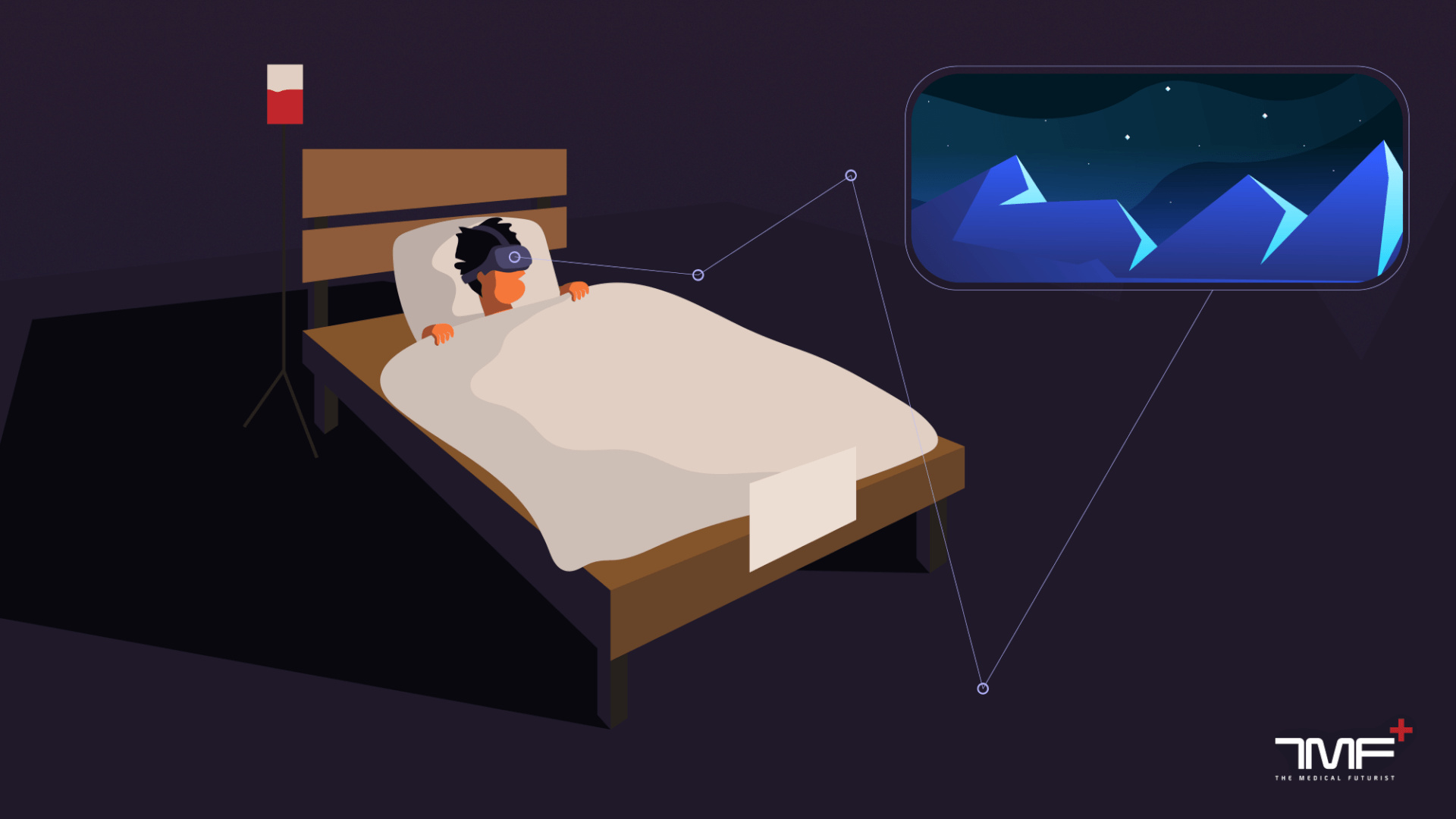
@ShahidNShah


Five great examples of virtual reality transforming healthcare: from relaxing patients to revolutionizing medical training and conferences
Read on medicalfuturist.com
Medical Virtual Reality (VR) Transforming Healthcare: A Comprehensive Overview
Medical VR holds tremendous potential in revolutionizing healthcare experiences for both patients and medical professionals. Several key applications highlight its impact:
Surgical Training and Skill Enhancement:
Patient Relaxation and Pain Management:
Enhanced Medical Conferences:
Empathy Building for Medical Professionals:
Physical Therapy and Rehabilitation:
Despite these promising developments, challenges remain, such as the need for broader adoption and attitudinal shifts among physicians and patients. VR technology, including more immersive options like Microsoft HoloLens and Magic Leap, is becoming more affordable. However, feasibility concerns arise with issues of privacy, security, and interoperability in the context of the metaverse, posing potential obstacles to widespread healthcare applications in the near future.
Continue reading at medicalfuturist.com
The following is a guest article by Jennifer Splawski, PharmD, MS, BCPS, Director of Clinical Strategy at BluesightIn the ever-evolving landscape of patient safety, a groundbreaking solution has …
Posted Nov 17, 2023 Radio-Frequency Identification (RFID) Patient Safety
Connecting innovation decision makers to authoritative information, institutions, people and insights.
Medigy accurately delivers healthcare and technology information, news and insight from around the world.
Medigy surfaces the world's best crowdsourced health tech offerings with social interactions and peer reviews.
© 2025 Netspective Foundation, Inc. All Rights Reserved.
Built on Apr 17, 2025 at 6:07am